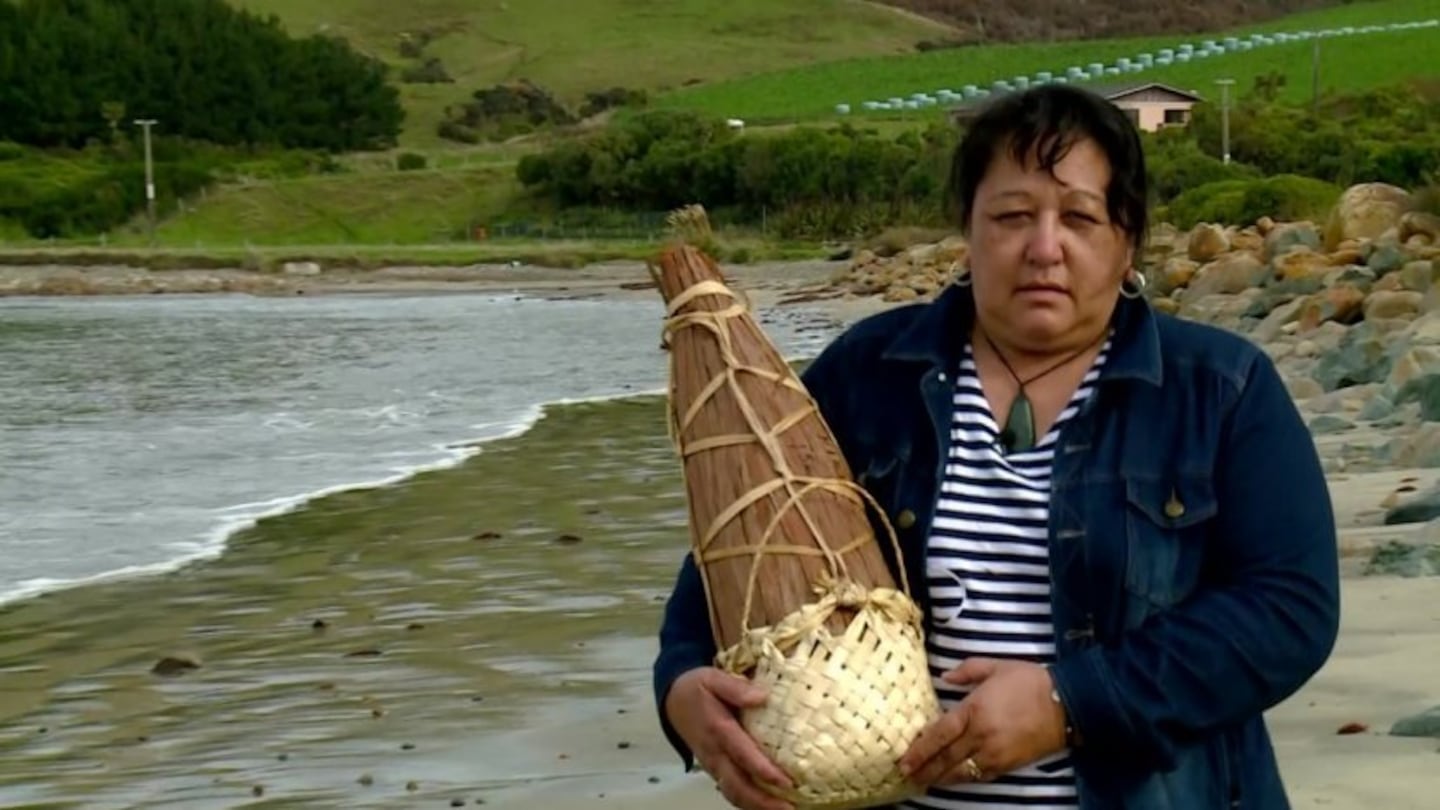Hundreds of Waitaha, Ngāi Tahu and Ngāti Māmoe whānau have flocked to the 21 tītī islands 30km south of Bluff, for the ten week-long season which began on March 15.
But, Tamatea Bull, whose whānau have rights to Big South Cape Island, says numbers are low.
“At the moment they should be birding but it doesn’t sound like it’s very good again. The season's been pretty bad.”
Marama York-Cooper, a member of the Rakiura Tītī Committee, has been birding all her life. It's a responsibility she has inherited from her ancestors, who began the practice hundreds of years ago. They have noticed the decline over the last decade.
She says commercial fishing and climate change have played a big part.
“Some of the deep sea trawlers. They’ll catch our birds in their nets while they’re down feeding and they’re taking away their food so we have a lot of concerns for our tītī.”
“Global warming, the pollution, deep sea trawlers, whatever the environment, how it’s affecting the sea it's affecting the birds 'cause that’s where they feed.”
Tamatea Bull says, “There seems to be plenty being born but there’s no food in them so we’re getting down there and the birds are just small.”
There are 21 million mutton birds in Aotearoa, each year on Rakiura (Stewart Island) Māori harvest around 250,000 plump chicks.
Some have blamed the decline on the birders themselves but Marama disputes those claims and says the greatest threat on the island are weka, which were introduced to the island in the 1940s as a food source.
“The birders are only taking eight percent. I know on the cape that the weka, the predators on the island are taking out up to 38 percent.”
After 13 years of research the Otago University found the customary harvest is 100% sustainable.
The greatest concern is with the decline in birds comes the death of the traditional harvest practice.
“Biggest worry for me is the fact that that resource may not be there for our younger ones coming up you know. Our people coming through,”
Buckets are already being pre-sold with A-grade prices up to $350 to cover the rising costs of harvest.
The season officially closes on May 31.



